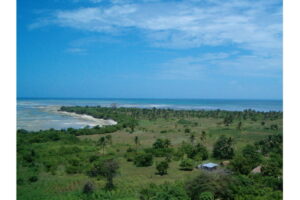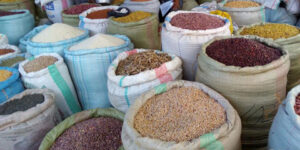Dar es Salaam. The value of traded raw hides and skins decreased by Sh482 million in 2023, owing to low quality and an inefficient collection system, according to the Bank of Tanzania (BoT).
The value of these products decreased by 22.7 percent to Sh1.63 billion from the corresponding quarter in 2022 where traded value of the products was Sh2.12 billion.
The data was revealed in the recent issued Consolidated Zonal Economic Performance Report for December 2023.
Hides refer to the skin of cows and buffaloes while that of goat and sheep is called a skin.
“The market for raw hides remains an overarching challenge within the country, depriving revenue generation and other opportunities within the economy,” the report says.
The Lake zone accounted for the largest share of the traded products by 48 percent, trading hides and skins valued at Sh786.7 million.
Lake Zone regions include Gita, Kagera, Kigoma, Mara, Mwanza, Shinyanga and Simivu.
The Dares Salaam zone traded Sha88 million worth of the hides and skins, while the central zone regions comprising of Morogoro, Dodoma, Singida, and Tabora regions traded products worth Sh286.3 million.
Northern regions (Arusha, Kilimanjaro, Manyara and Tanga) traded hides and skins valued at Sh220.1 million, while the south eastern traded products valued at Sh58.6 million.
Hides and skins are used to produce leather products (such as footwear, bags, wallets, clothes, furniture, belts and paints) for local and export market.
Most of these products are produced by small and medium enterprises for sales locally as well as in regional and international markets.
Leather products have the great potential for regional and international markets due to growing demand for leather products associated with the growth in the population of people falling within middle and high income classes.
According to the ministry of Livestock Tanzania is uniquely positioned with eight bordering countries (Rwanda, Burundi, DRC, Kenya, Uganda, Malawi, Zambia, Mozambique) giving a total regional market size of more than 150 million people.
There is also a huge potential to sell the products locally to the tourists who frequently visit the country as Tanzania is an important tourist destination.















